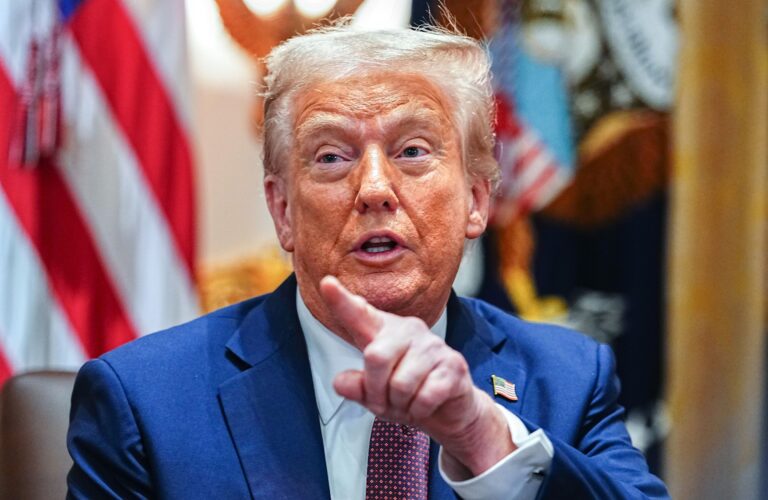
Global Music Industry 2025: The Revolution is Loud, Digital, and Diverse
The global music industry in 2025 is undergoing its most radical transformation in decades. Driven by artificial intelligence, cultural crossover hits, and an increasingly digital ecosystem, artists from all corners of the globe are reshaping the soundscape.
From Lagos to Los Angeles and Seoul to São Paulo, here’s what’s setting the tempo:
1. AI-Generated Artists Go Viral—And Mainstream
What started as a curiosity is now a commercial reality. AI-generated music artists have officially entered the mainstream, with several virtual performers landing Spotify Top 50 placements. Japanese AI pop star “NEO-Hana” and U.S.-based virtual rapper “Synthetik Dre” are leading the charge.
Record labels are now investing in AI-music labs—teams combining engineers, songwriters, and data scientists to craft algorithmically optimized hits.
Yet, critics are raising questions about royalties, authenticity, and the future of human creativity in music.
2. Afrobeat Isn’t Rising—It’s Dominating
What used to be called a wave is now a full-blown tsunami. Afrobeats, led by Nigerian stars like Burna Boy, Tems, Rema, and Asake, is now one of the top 3 most streamed genres globally.
Burna Boy’s latest album “Global Citizen” debuted at #1 on the Billboard 200, the first ever for a fully Afrobeat project.
Additionally, African Music Awards are now being aired on global platforms like Apple Music Live and Amazon Prime, cementing the genre’s global legitimacy.
3. Latin Pop Artists Rule Billboard & TikTok
Latin music continues to dominate both the charts and digital platforms. Peso Pluma, Karol G, and Feid are not just Latin stars—they’re global icons now.
Karol G’s reggaeton anthem “Fuego en la Piel” became 2025’s first trilingual No. 1 on the Billboard Hot 100, featuring verses in Spanish, English, and Portuguese.
Latin pop has become the go-to genre for TikTok dance trends, cross-genre collabs, and even major film soundtracks—Fast & Furious X2 features an all-Latin lineup.
4. K-Pop Expands Beyond Korea: Global Sub-Units and Tours
K-pop is entering its most global phase yet. BTS may be on temporary hiatus, but groups like Stray Kids, NewJeans, and SEVENTEEN are reaching new heights.
What’s new? Global sub-units—mini K-pop groups formed in the U.S., Europe, and Southeast Asia under Korean labels. HYBE’s new U.S.-based group, “ECLIPSE”, debuted at Coachella 2025 to massive fanfare.
K-pop’s global tours are now rivaling those of Taylor Swift and Beyoncé in terms of scale and revenue.
5. Streaming Royalty Reforms in Motion
After years of criticism, Spotify, Apple Music, and YouTube Music have agreed to test a new “Fan-Powered Royalty” model in Q4 of 2025. This means an artist will get paid based on the number of fans actually listening to their music—rather than their share of total plays.
Independent musicians around the world are calling this a game-changer. Expect more artist-owned platforms and Web3 music projects in the near future.
6. African & Asian Independent Artists Are Breaking Borders
Thanks to platforms like Audiomack, Boomplay, TikTok, and DistroKid, independent artists from developing regions are reaching global audiences without traditional label deals.
Ghanaian drill group Kumerica Squad, Indian folk-electronica duo RAAGFi, and Indonesian rapper Rich Brian are just a few examples of breakout success fueled by streaming and social media.
Final Thoughts: Music Without Borders
The music industry in 2025 is louder, smarter, and more inclusive than ever. With AI-enhanced creation, cultural crossovers, and independent voices rising, the global soundscape is no longer dominated by just one country or language.
In this era, a hit song can come from anywhere—and it often does.






